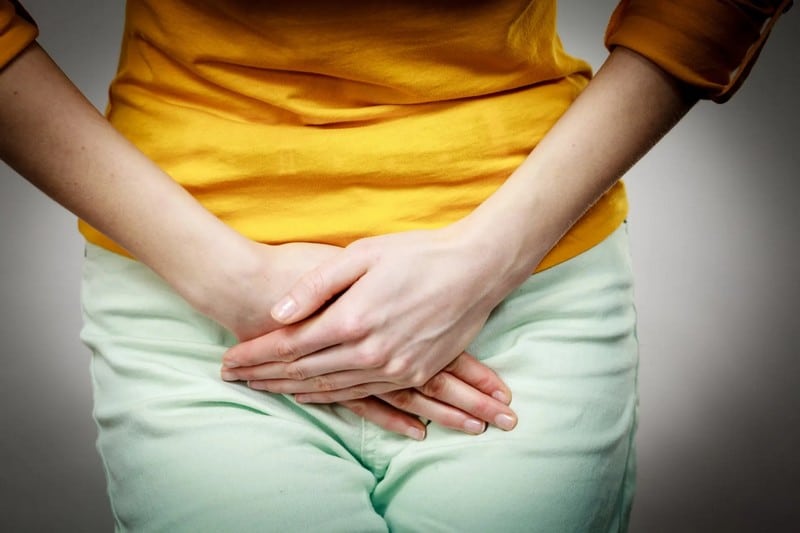Urinary Tract Infections

Urinary tract infections (UTIs) happen when bacteria enter the urethra and infect the urinary tract. The bacteria typically come from the skin, rectum, or poor hygiene. UTIs are more common in women because their shorter urethras are closer to the rectum. Furthermore, females contract UTIs because of sexual activities, previous UTIs, pregnancy, or changes in the bacterial population in the genital area.
UTIs can infect different parts of the urinary tract. The most common infection is cystitis or a bladder infection, while another type of infection happens in the kidneys, called pyelonephritis, a more dangerous form of UTI. Some antibiotics taken by a person with UTI can cause foamy urine.
Bacteria in the urinary tract make the urine foamy. Doctors believe it may be caused by the amount of glycocholic and glycoursodeoxychlic acid in the urine. These acids are responsible for the emulsification of fats. Doctors say that the increase in fats can lead to foamy urine, especially if the person is undertaking a ketogenic diet as part of a dietary regimen change.
Doctors recommend taking the prescribed antibiotics to cure UTIs and remove the foamy urine.










